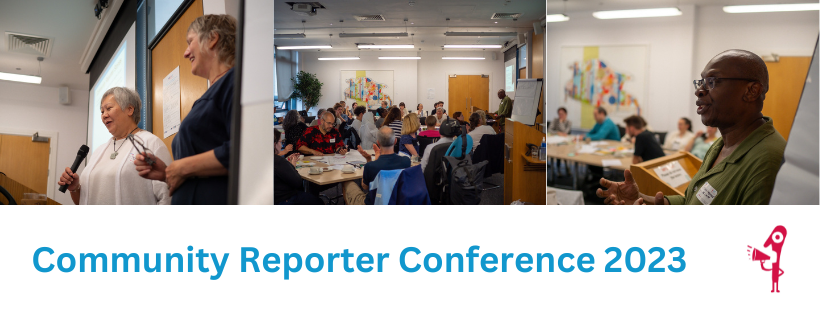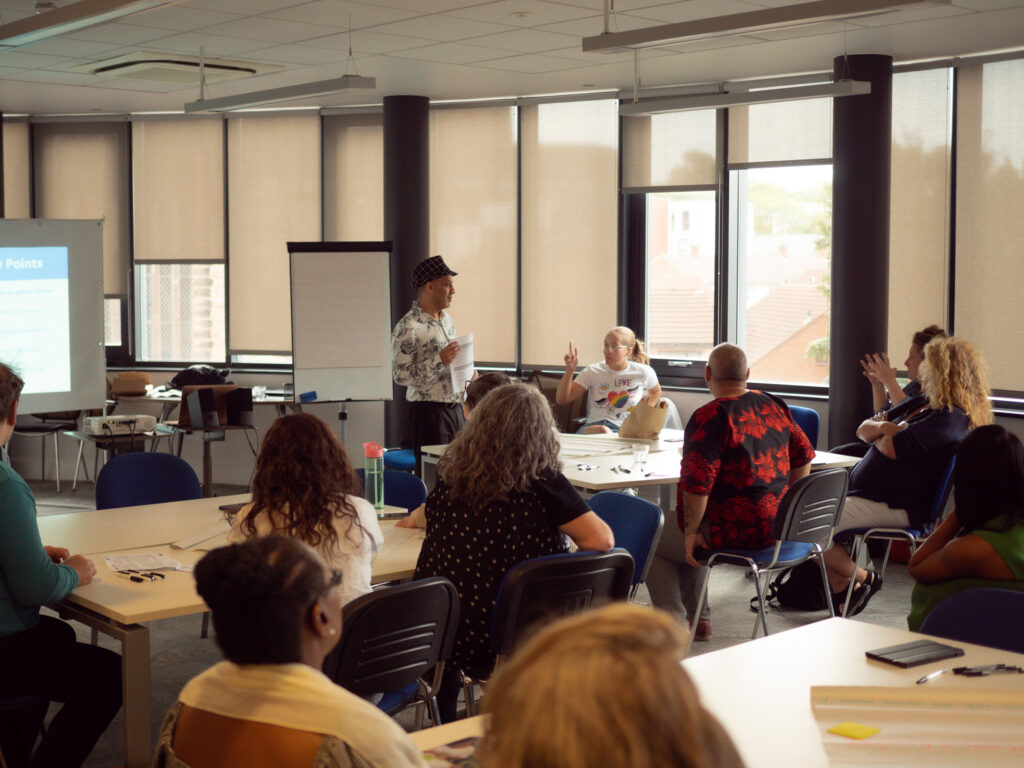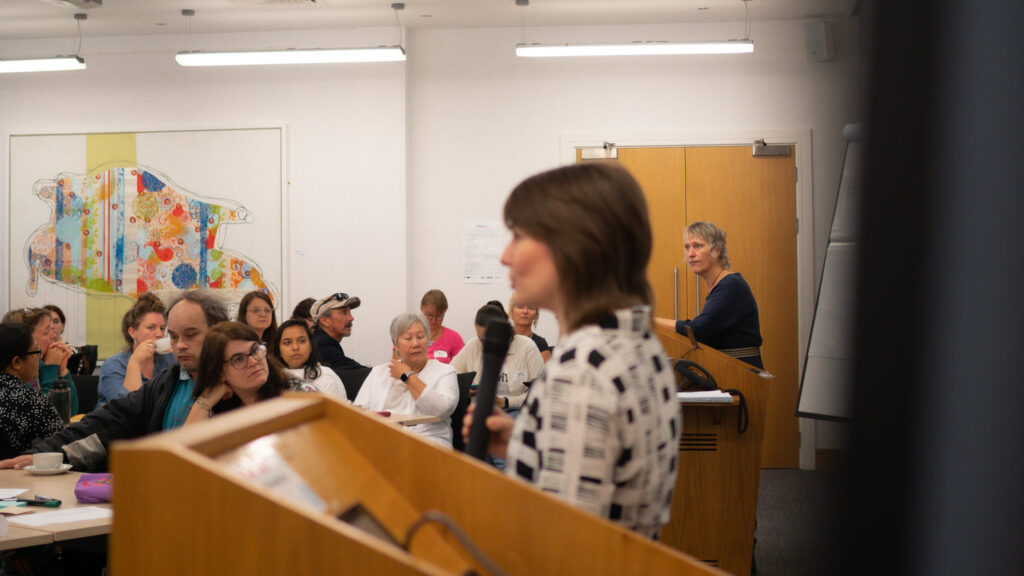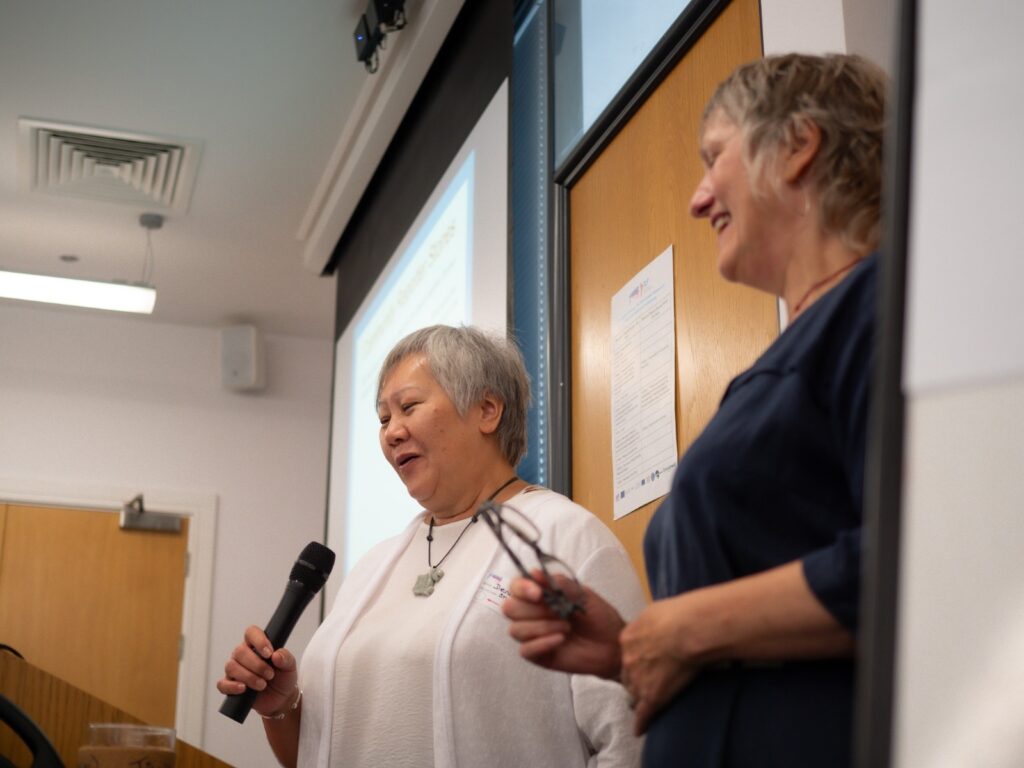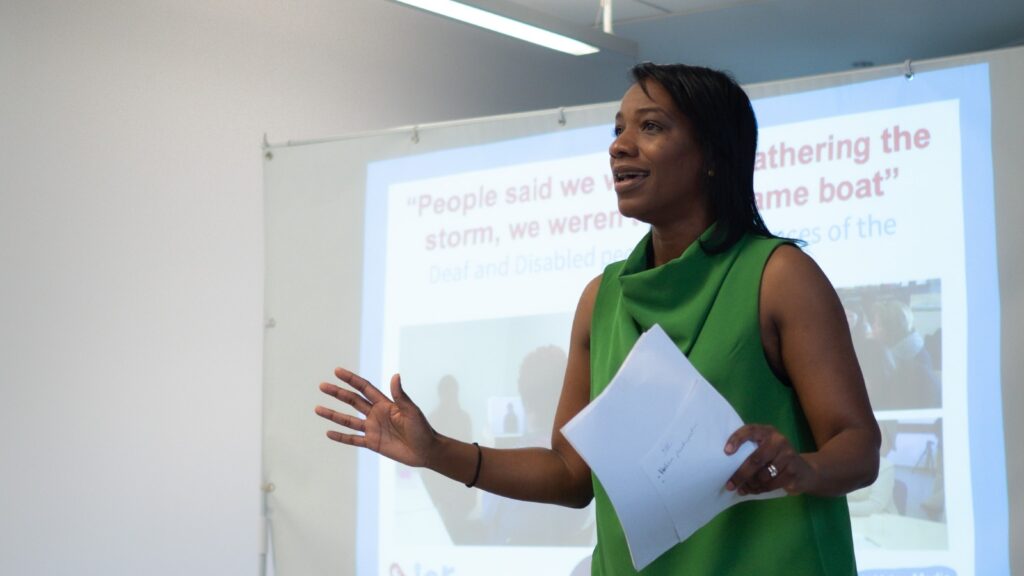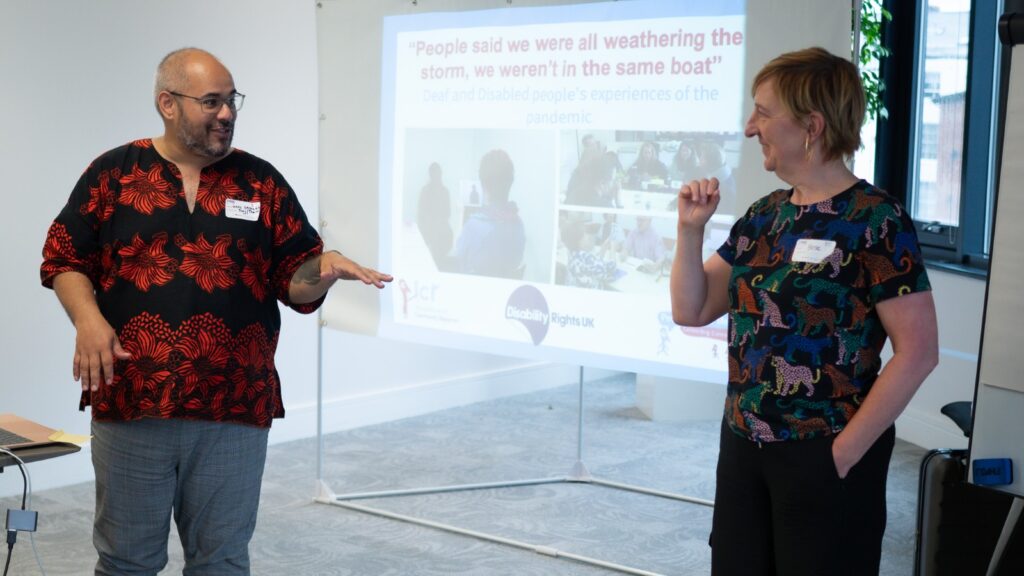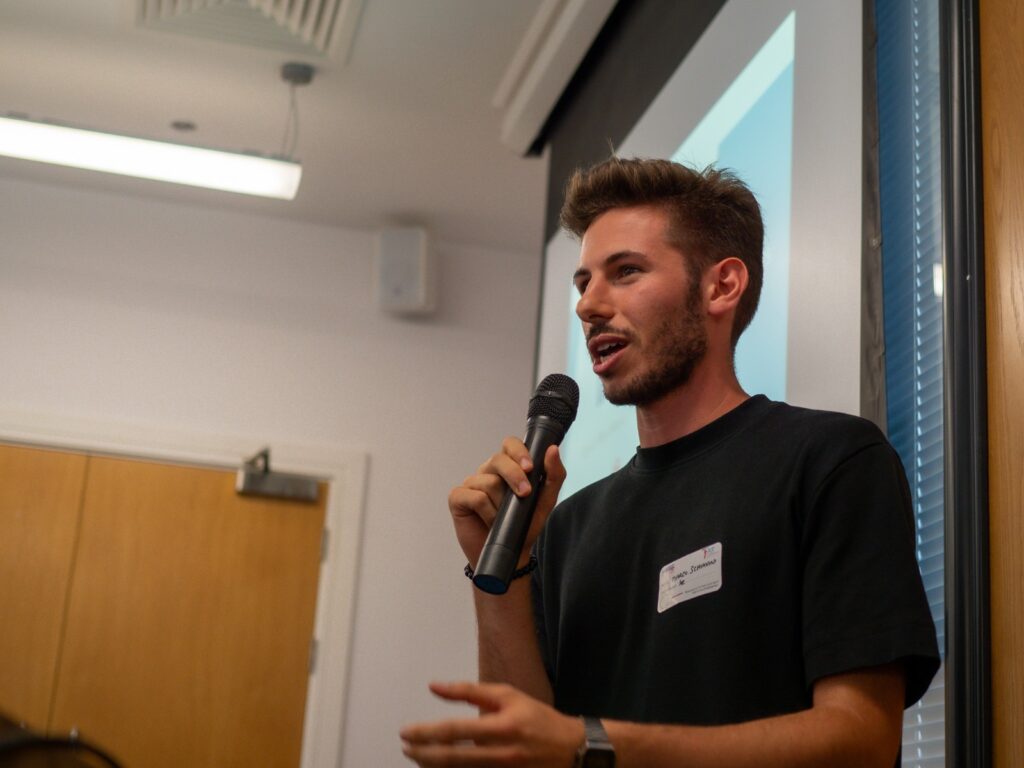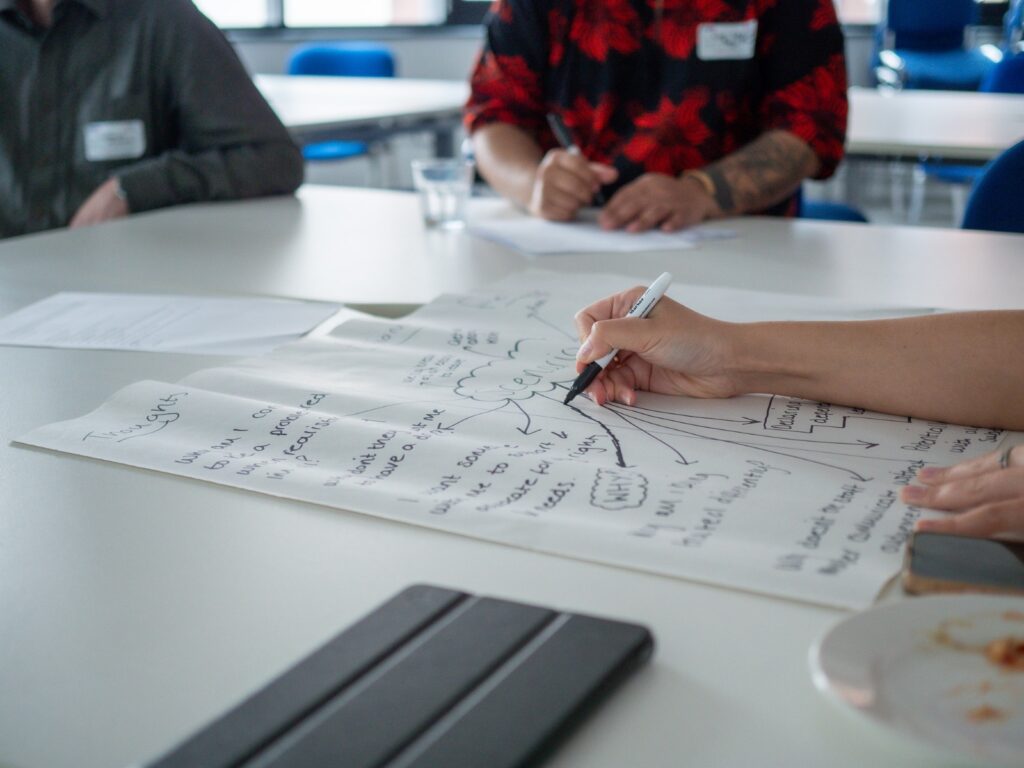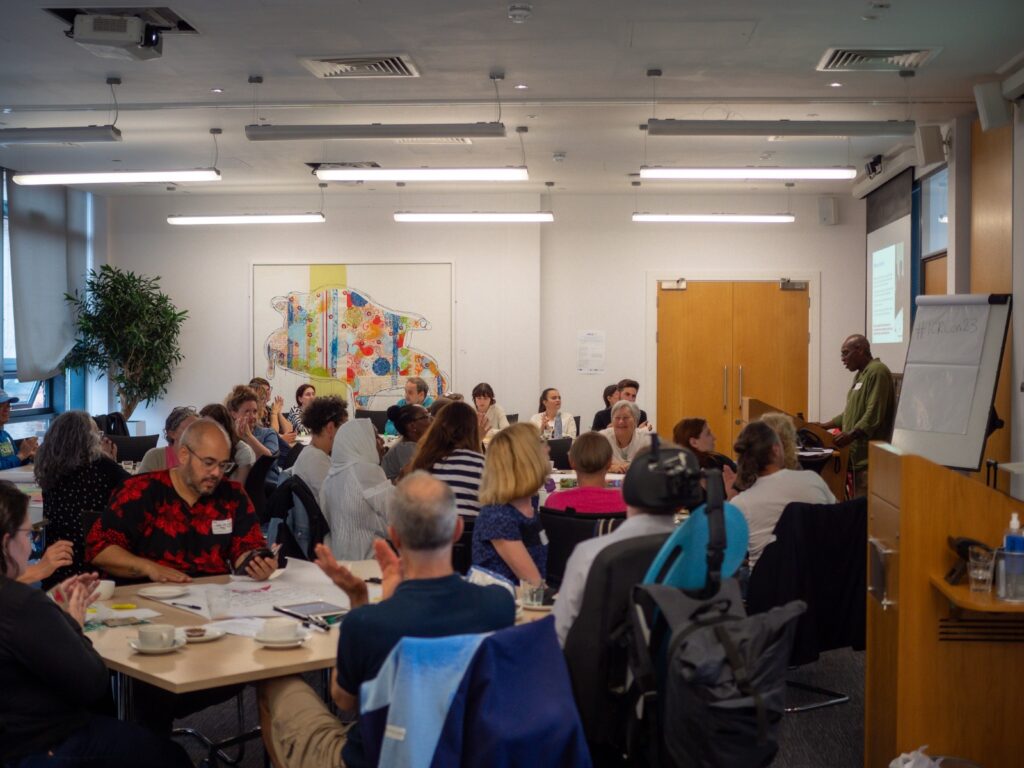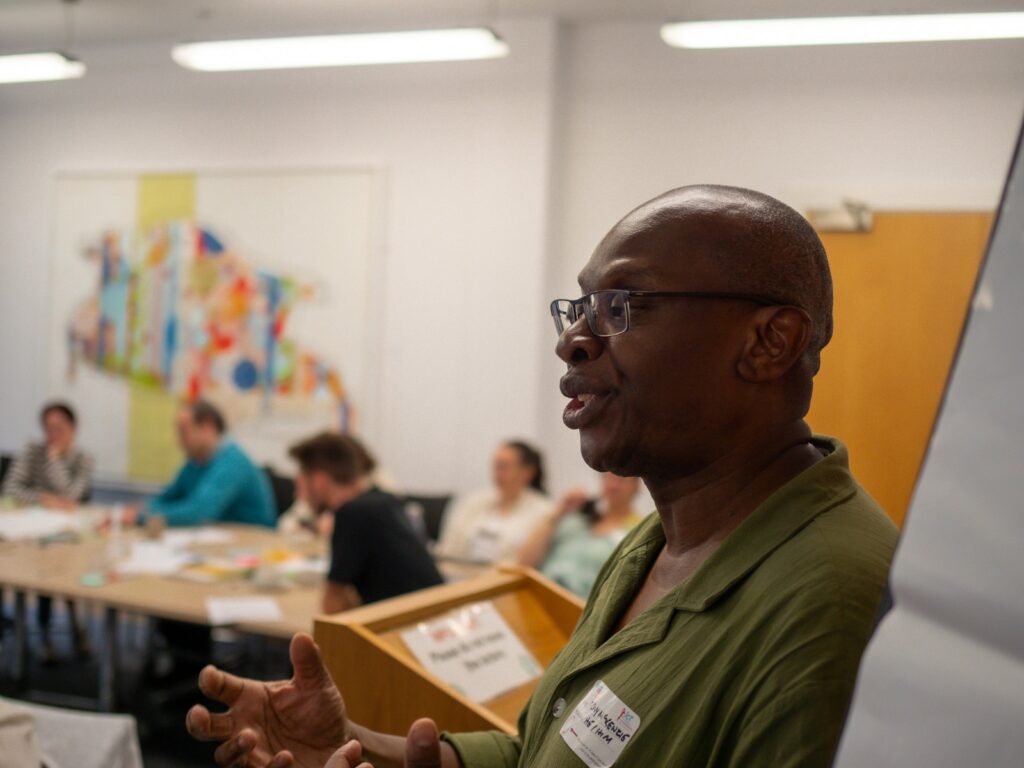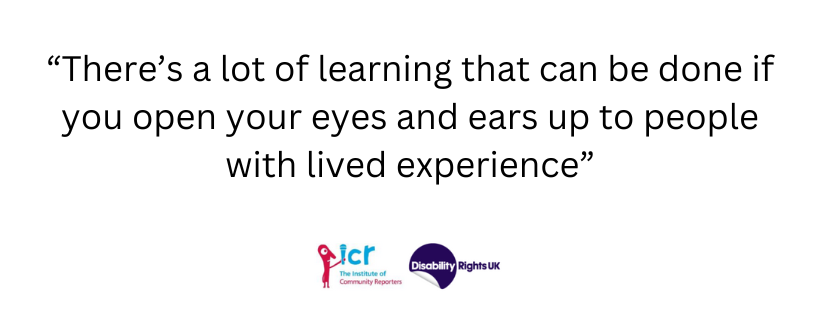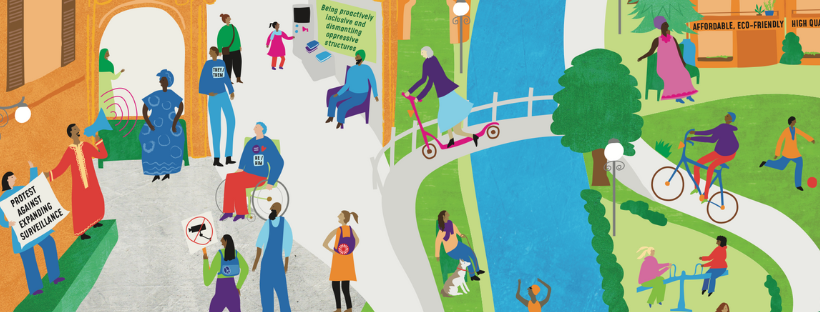COMMUNITY REPORTER NETWORK: ONLINE MEET UP #2 2023
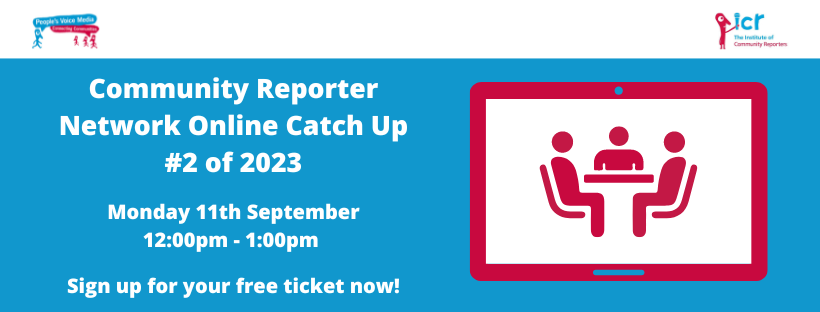
Join the team at People’s Voice Media and members of the Community Reporter network as we host our 2nd online catch up of 2023.
People’s Voice Media hosts 2 online catch-ups per year for the people, groups and organisations that make-up the Community Reporter network. These meetups are a great way for members to keep up-to-date with what is happening in the Community Reporter network, learn new stuff, share expertise, exchange knowledge, find out about opportunities they can get involved in, meet other members, network and much more and connect to other peers.
And if you’re not a member of the Community Reporter network… then don’t worry – you can still come along and find out more about us! Everyone is welcome and we are always looking for new members.
It’s only an hour, so grab a brew and a biscuit if you like, log on and find out what exciting stuff is happening across our network! This will be held on Zoom.
You can sign up to get involved through eventbrite (we’ve conveniently included a checkout link below) and best of all it’s free!
https://www.eventbrite.co.uk/e/community-reporter-network-online-meet-up-2-2023-tickets-656603648187?aff=oddtdtcreatorIf you’d like a little more information about what we’ll be discussing – you can find that here.
Financially supported places
A quick heads up – we have 2 financially supported places available for this catch-up that will be allocated on a first-come, first-allocated basis. The financial support is up to a maximum of £25.00. This can be used to cover:
1. Expenses such as childcare costs etc. that you incur through attending the meet-up. To claim this, you’ll need to send us an expenses form and receipts.
2. Other support costs such as a PA to support you to attend. To claim this, you’ll need to send us an expenses form and receipt OR ask your support to invoice us directly.
3. Internet costs – These can be paid at a rate of £5.00 per hour, or if you are purchasing a online connection for this session (i.e., internet cafe etc.) then you can claim the full cost, up to £25.00 with a receipt via an expense form.
4. Contribution fee. To claim this, you’ll need to send us an invoice and be responsible for your own tax and insurance as a self-employed person.
To request a financially supported place, please indicate this on the registration form and our team will get in touch before the meet-up with further details.
